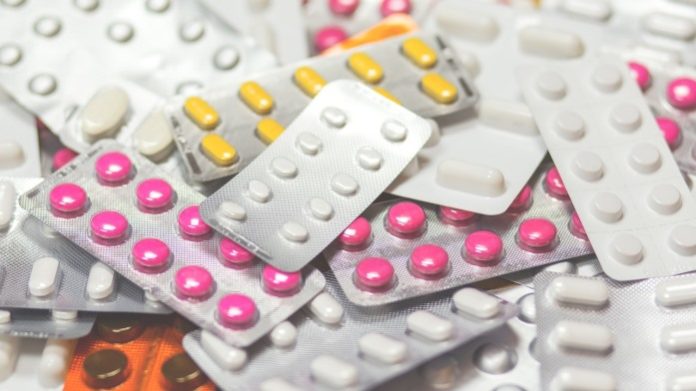When it comes to prescription medication, should you shell out the big bucks to get the brand name, or save your money and get the generic bottle?
A new study from the Institute of Clinical Evaluative Sciences (ICES) shows that, at least for one particular heart medication, the generic version works just as well as the brand name.
Researchers at ICES in Toronto followed over 24,000 patients who were prescribed either the generic form of the heart medication clopidogrel or the brand name version, Plavix. Patients taking the generic drug were no more likely to die or be re-hospitalized than those taking the brand name. The results were published last week in the journal Circulation.
After a drug patent expires, a generic drug manufacturer is free to produce and sell their own version, usually at a fraction of the price. If you’ve ever bought acetaminophen at the pharmacy instead of Tylenol, you’re already familiar with generic drugs.
Though there are tests that the generic drugs need to pass before they can be sold, the bar is “relatively low”, says Dennis Ko, lead author of the study and senior scientist at ICES Toronto.
Unlike the exhaustive and expensive clinical trials to establish efficacy that need to occur for the original drug approval, generic drugs simply need to show that they supply the same levels of active ingredient over the same timeframe. This is often done with healthy volunteers in a lab setting and may not mirror how a real patient might react.
If we’re talking about taking acetaminophen for your stress headache, that’s probably not a big deal, but for prescription medication that’s given to patients with serious heart conditions, it could be.
“Plavix is one of the most important drugs of the past decade,” says Ko, who is also a cardiologist at the Schulich Heart Centre of the Sunnybrook Health Sciences Centre at the University of Toronto. When reports surfaced that clopidogrel might be causing more side effects than Plavix, it was important to investigate.
Ontario also presented a unique opportunity to do a large-scale study of the differences between the two medications, because the Ontario Drug Benefit policy mandates that brand name medications be automatically substituted by the generic version when it becomes available. As a result, all patients discharged from the hospital following a heart episode prior to 2012 were prescribed Plavix, while the ones after received clopidogrel.
“These kinds of studies are normally really hard to do because of selection bias, especially in the U.S.,” explains Ko. Paying out of pocket for prescription drugs usually leads to poorer, sicker people buying generic – something that could skew study results.
Yet despite the positive results of this study, Ko notes that it’s not the most efficient way of monitoring drug safety, because it takes time to accrue enough patient data. Eventually, he’d like to see more real-time registries for reporting on adverse drug events (for generics and brand names alike), like the FDA’s Adverse Event Reporting System.
Generic medications provide much-needed competition in the drug market and most are as safe and effective as the brand name. Just like with food and clothing, whether you choose the brand name is completely up to you and your wallet.
“You always have a choice, but you pay for your choices,” says Ko.








































